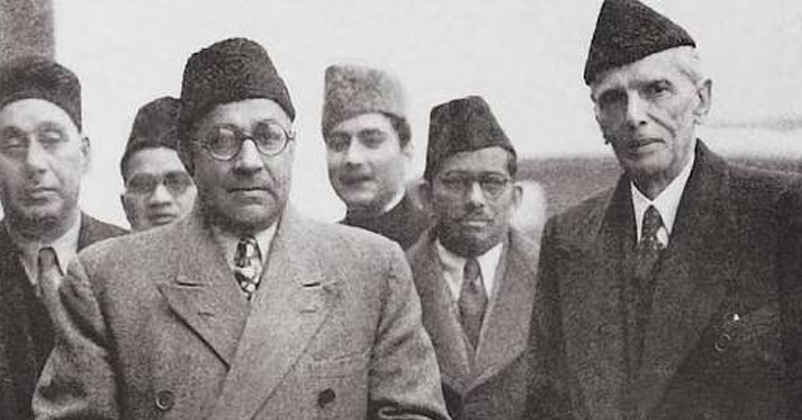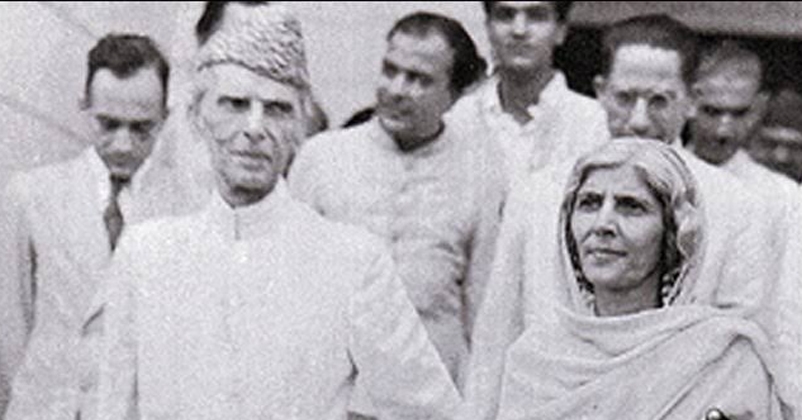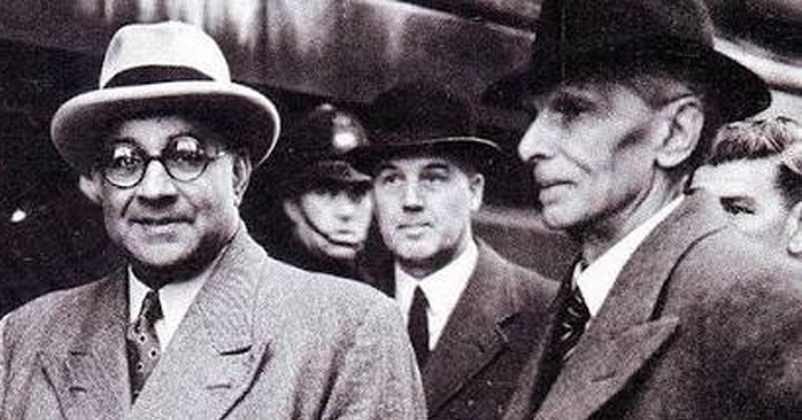Mohammad Ali Jinnah; Why didn't he trust his lieutenants in the last hours of his life!
| 06-Apr-2020 |

While leaving Delhi for the last time on 7 August 1947, Jinnah had remarked enigmatically, ‘That’s the end of that’, and that was the last time he would be seeing Delhi. However, despite such assertions, his two houses, one in Bombay, now Mumbai and the other in Delhi, kept him tied to India.
The Bombay house which Jinnah dearly loved, was left undisturbed by the Government of India out of consideration for him. However, there was pressure on the Government on this score. Ultimately PM Nehru had to call up India’s high commissioner in Karachi, to say that the Government was under pressure to requisition the house. He instructed Sri Prakasha to see Jinnah, find out his wishes and the rent he would like to have, Jinnah was taken aback with Nehru’s message and told Sri Prakasha, “tell Jawaharlal not to break my heart. I have built it brick by brick. Who can live in a house like that? What fine verandas! It is a small house fit only for a small European family or a redefined Indian prince, he said. You do not know how I love Bombay. I still look forward to going back there”. The message was conveyed to Nehru by Sri Prakasha.
However, after some months Nehru again spoke to Sri Prakasha to inquire from Jinnah the rent he would like to have for his Bombay house, Jinnah by then was unwell and recuperating in Quetta/Ziarat in Balochistan, said he had been offered Rs. 3000 a month and hoped his wishes regarding the nature of the tenant would be respected. The British high commissioner then rented the house for Rs. 3000. He had a small family and so Jinnah’s wishes were fulfilled. Another condition was that if Jinnah ever wants the house for himself, the tenant would have to vacate it immediately. For the Delhi house, Jinnah managed to negotiate its sale but there were complications since it had become an evacuee property and so the sale could not be registered. Jinnah was quite upset about the same.
Muhammed Ali Jinnah developed fatal spots on his lungs before the end of the second world war. The one person who knew about this was Dr. JR Patel who had taken the X rays. However, he maintained a professional silence. Had the news leaked, according to Wolpert. Pakistan might never have been born, at least not in 1947.

Mystery around Jinnah’s last journey to home, when he was stranded on the road in an ambulance for two hours and no one knew
Towards the end of July 1948, without prior notice, Liaquat Ali, the prime minister, accompanied by Ch. Mohammad Ali, Secretary general, arrived in Zirat where Jinnah was recuperating. He asked Jinnah’s doctor Col Illahi Bux about his diagnosis of Quaid’s health. The doctor declines to comment saying that he has been invited by Fatima Jinnah to attend to the Quaid, he could say what he thought of the patient only to her. When Liaquat asserted that as prime minister he wanted to know, the doctor answered he could not do it without the patients’ permission.

On 11th sept 1948, Jinnah, weighing barely 70 pounds and suffering from consumption, compounded by cancer of the lungs, was carried on a stretcher aboard the Governor General’s Viking for the flight from Quetta to Karachi. Despite his condition, however, he found the energy to return, from his stretcher, the salute given by the flight crew. There was no one to receive him at Mauripur airport, Karachi’s military airport, barring his military secretary Col Geoffrey Knowles and an army ambulance, sans any nurse. The diplomatic corps had not been informed about his arrival, which was the norm whenever Jinnah landed in Karachi so that he was received in the approved official way. The ambulance would break down halfway to his residence and it took Col Knowles two hours to fetch another, from the local Red Cross. Meanwhile, Jinnah was stranded on the road for two hours in an oppressive ambulance that completely exhausted him. No one knew that Jinnah was in the stranded ambulance. His pulse was weak and irregular. Jinnah was to die later that night.
The tragic manner of his death was compounded by his last rites. A Twelver Shia, following his conversion from the Ismaili sect, Jinnah had to have two separate funerals, one according to the Sunni rituals in the open and the other before that according to Shia Norma in his home.